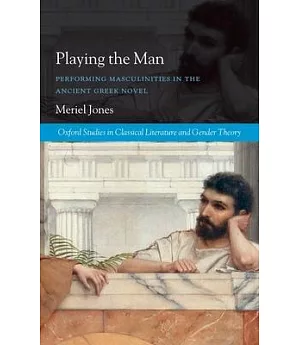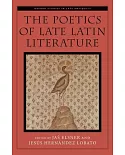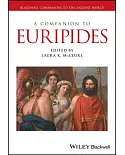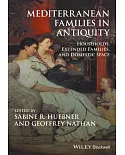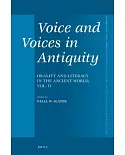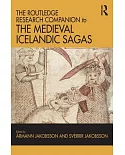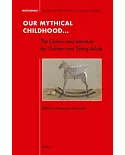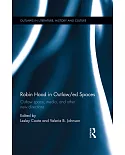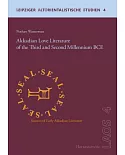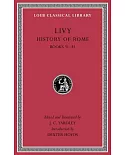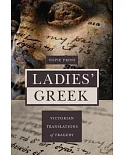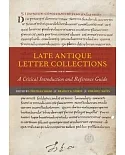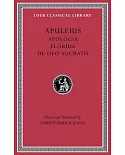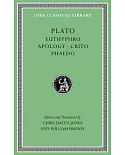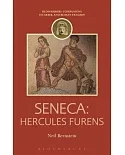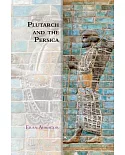Despite the growth of research on masculinity in both Gender and Classical Studies, and the resurgence of interest in ancient fiction, no volume has yet been devoted to exploring the
representation of masculinity in ancient Greek novels. This ground-breaking study examines and contextualizes three key discourses of ancient Greek masculinity - paideia,
andreia, and sexual ideology - as evidenced in the five 'ideal' Greek novels (namely those of Chariton, Xenophon of Ephesus, Achilles Tatius, Longus, and Heliodorus).
Jones argues that while some of the narratives may be set in the classical past, the masculine concerns they display are inescapably symptomatic of the imperial present, reflecting some of the
'gender troubles' of the real world of their authors. Using modern theories of the 'performance' of gender as tools for analysis, the study finds that many of the novels' men betray an
awareness that their masculine identities depend on the maintenance of their image before others - they are conscious of 'playing the man'. The book also puts forward the hypothesis that, while
most of the authors uphold accepted scripts of masculinity, Achilles Tatius constructs Cleitophon as a 'misperformer' of masculinity as a means of challenging and subverting traditional codes
of gender.

